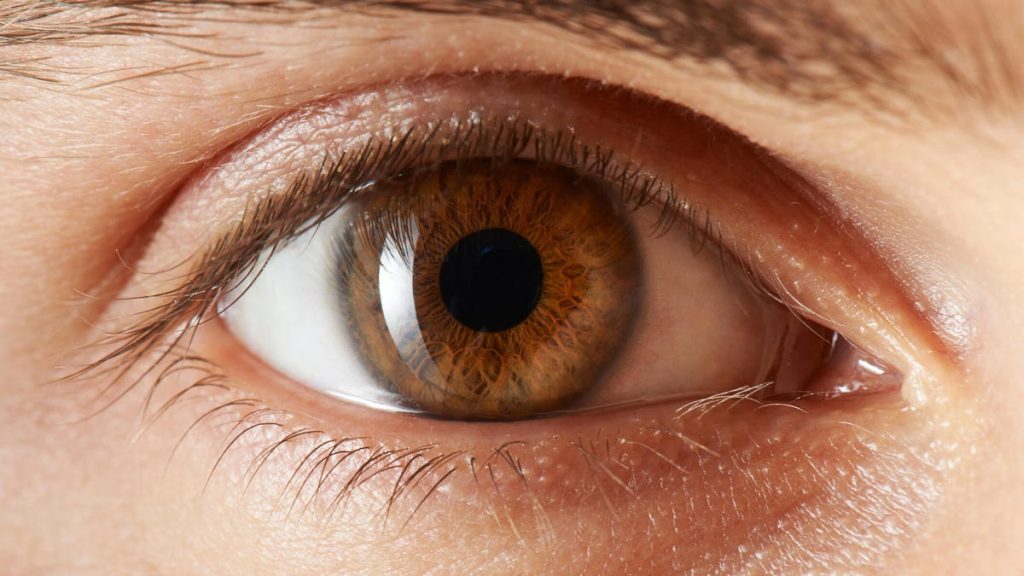Maintaining optimal eye health is crucial for everyone, regardless of whether they have existing vision problems or spend extended periods looking at digital screens. A balanced diet plays a foundational role in overall well-being, including eye health. However, dietary intake alone may sometimes be insufficient to meet all the necessary nutritional requirements. In such cases, supplements can help bridge the gap and provide essential vitamins and nutrients that contribute to clear vision and healthy eyes. It’s important to consult a doctor before incorporating any new supplements into your routine, as certain vitamins and supplements can interact with medications. Regular eye exams with an ophthalmologist are also essential for monitoring eye health and detecting potential issues early.
Several vitamins and supplements are particularly beneficial for maintaining healthy eyes. Vitamin A, crucial for vision, immune function, and overall development, helps in producing pigments in the retina, enabling us to perceive the full spectrum of light. It also helps prevent dry eyes. Rich dietary sources of vitamin A include salmon, broccoli, eggs, carrots, and fortified breakfast cereals. Carrots, renowned for their eye health benefits, are abundant in beta-carotene, a compound converted by the body into vitamin A. Beta-carotene supplements are also available but are generally less common and more expensive than vitamin A supplements.
Vitamin C acts as a protective shield against harmful UV damage, reducing the risk of cataracts and other eye problems. It’s especially important for individuals who spend significant time outdoors. Foods rich in vitamin C include kale, broccoli, oranges, lemons, strawberries, and Brussels sprouts. Alongside adequate vitamin C intake, protective measures like wearing sunglasses and hats when outdoors are vital.
Omega-3 fatty acids, highly recommended by optometrists, are crucial for eye health. They are known to slow the progression of age-related macular degeneration (AMD) and prevent dry eye disease due to their anti-inflammatory properties. Fatty fish like tuna, salmon, mackerel, and herring, along with some nuts and seeds like chia seeds, flaxseed, and walnuts, are excellent sources of omega-3s.
Vitamin E, a potent antioxidant, plays a crucial role in protecting cells from damage caused by free radicals. It can help protect the retina from free radicals and slow the progression of AMD. Sunflower seeds, almonds, peanuts, collard greens, red bell peppers, mangoes, and avocados are good sources of vitamin E.
Zinc is another essential nutrient that supports eye health by aiding in the creation of melanin, a pigment that protects the eyes. It may also offer protection against AMD. Meat, shellfish, chickpeas, lentils, pumpkin seeds, cashews, almonds, eggs, cheese, and milk are all good sources of zinc.
Lutein and zeaxanthin, carotenoids found in vibrantly colored fruits and vegetables, are powerful antioxidants that protect the eyes from free radical damage. They are particularly beneficial in preventing retinal damage and slowing the progression of AMD. Kale, spinach, peas, broccoli, orange juice, red peppers, honeydew melons, and grapes are rich in lutein and zeaxanthin.
Beyond consuming these essential vitamins and supplements, several other practices can promote eye health. Wearing sunglasses is crucial for blocking harmful UV rays, reducing the risk of cataracts, eye cancer, and sunburn. Regular screen breaks are also important for preventing eye strain. The 20-20-20 rule, which involves looking at something 20 feet away for 20 seconds every 20 minutes, is a helpful guideline. Physical activity has also been linked to eye damage prevention. Avoiding smoking is essential, as it can lead to various eye diseases and vision loss. Regular eye exams are crucial for early detection and management of potential eye problems. Lastly, removing makeup before bed helps prevent eye irritation and inflammation.
While these vitamins and supplements offer significant benefits for eye health, they are most effective when addressing deficiencies. Consulting a doctor is crucial for determining individual vitamin and nutrient needs and ensuring appropriate dosages. A balanced diet remains the primary source of essential nutrients, and supplements should be used to complement, not replace, a healthy eating pattern.
In addition to a healthy lifestyle and adequate intake of essential nutrients, several other practices can contribute to maintaining good eye hygiene. These include avoiding rubbing the eyes excessively, protecting the eyes from foreign objects and injuries, and maintaining proper contact lens hygiene if applicable. It’s also important to be aware of family history of eye diseases and discuss any concerns with an eye care professional.
Maintaining optimal eye health is an ongoing process that requires a multifaceted approach. By combining a balanced diet rich in eye-friendly nutrients with healthy lifestyle choices and regular eye check-ups, individuals can significantly reduce their risk of developing eye problems and maintain clear vision throughout their lives. Remember that consulting with healthcare professionals provides personalized guidance based on individual needs and medical history, ensuring the most effective strategies for lifelong eye health.

